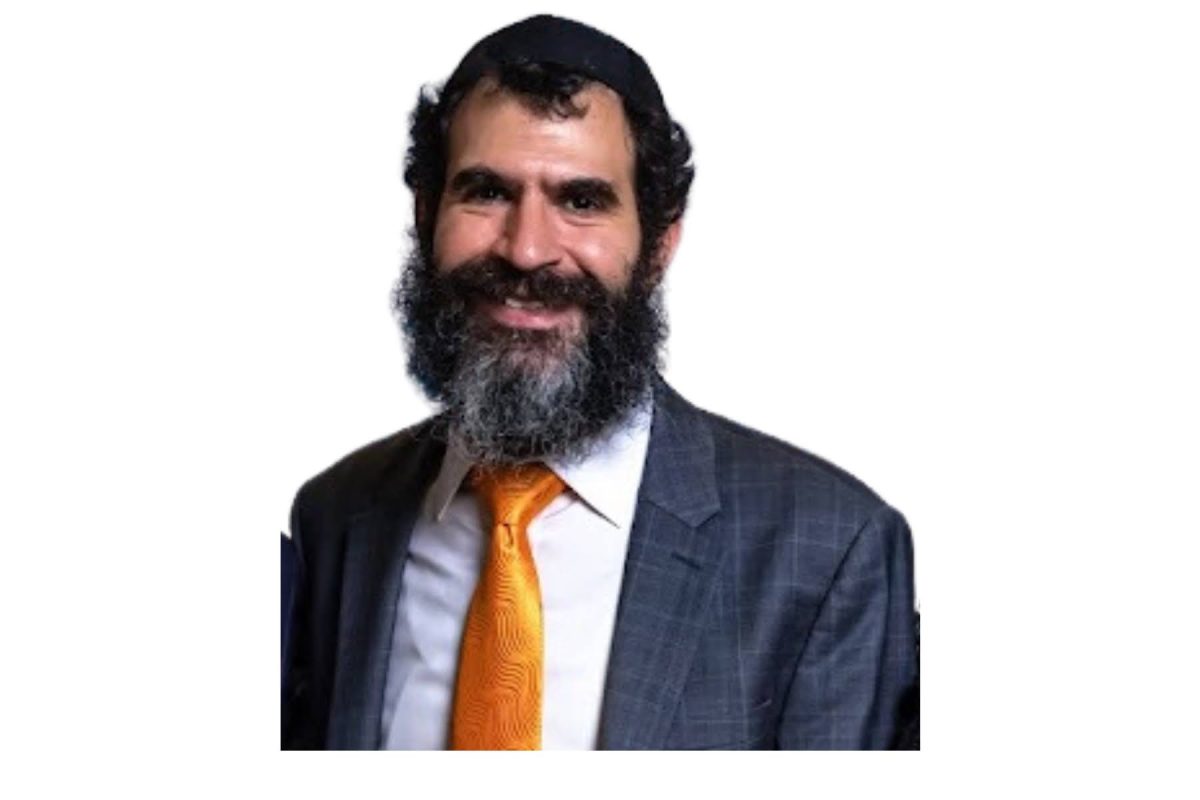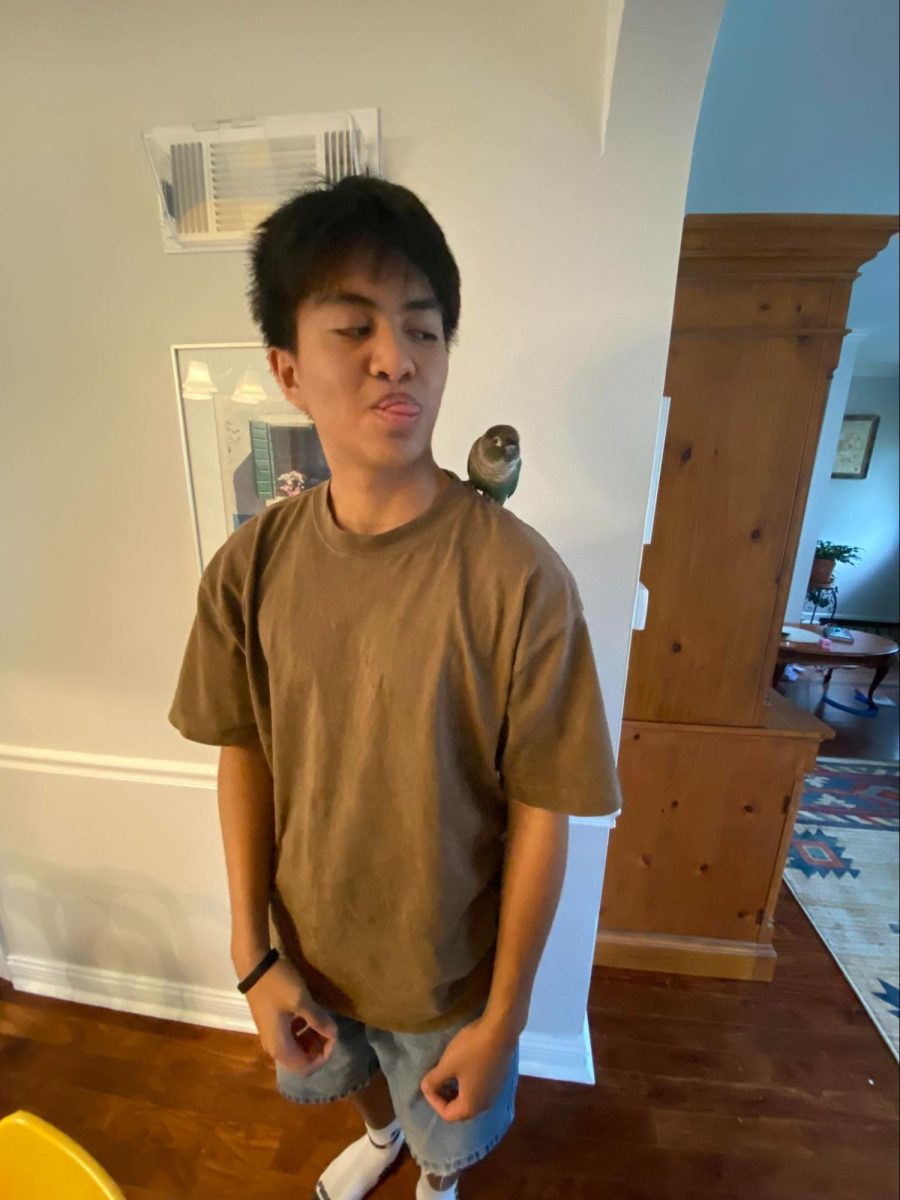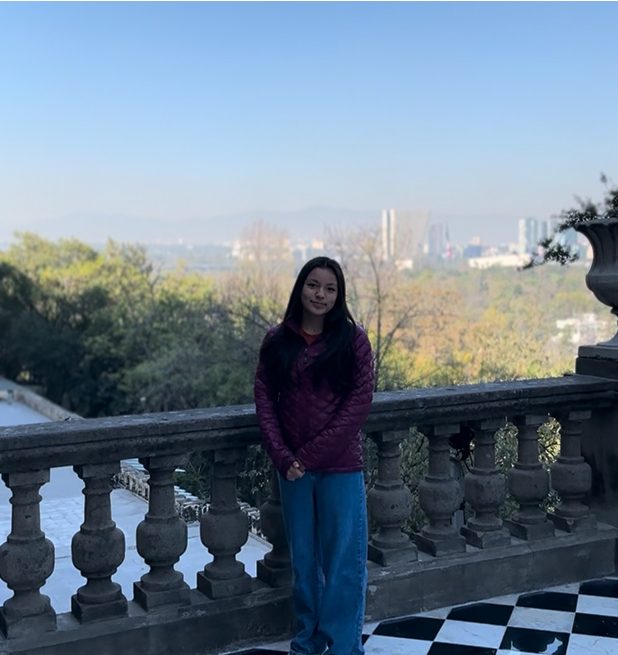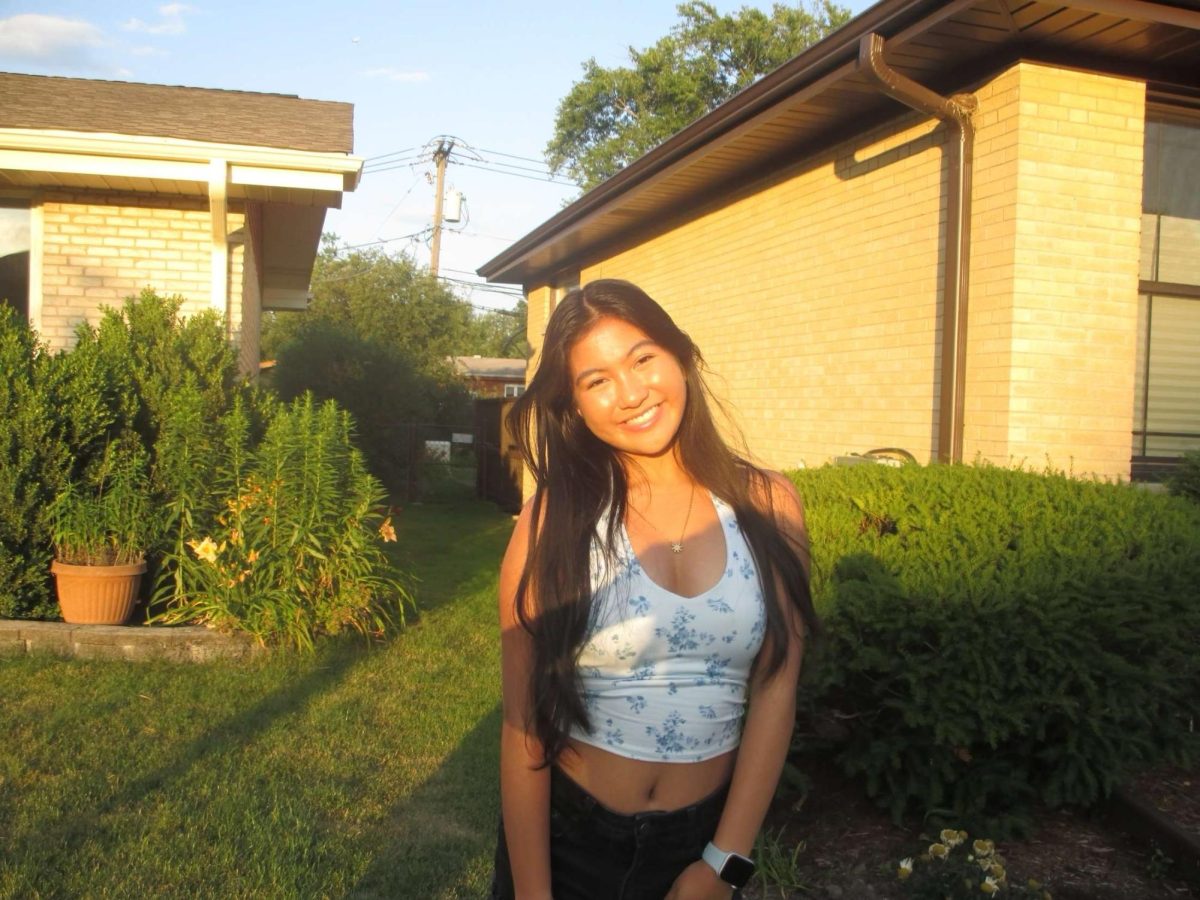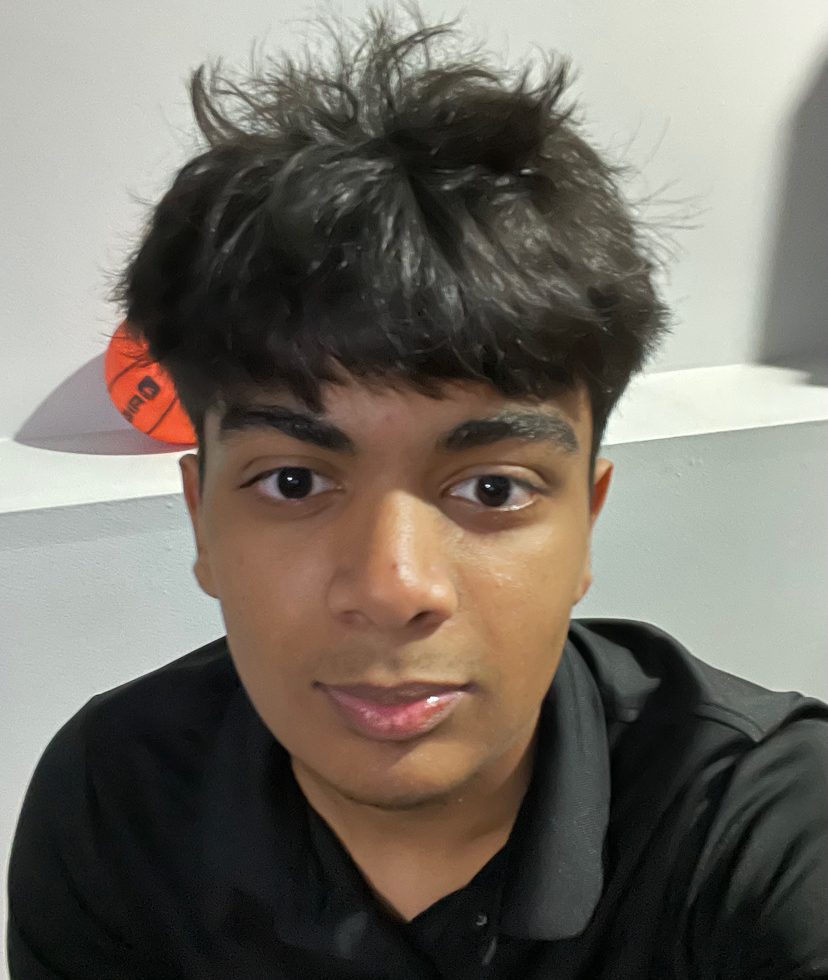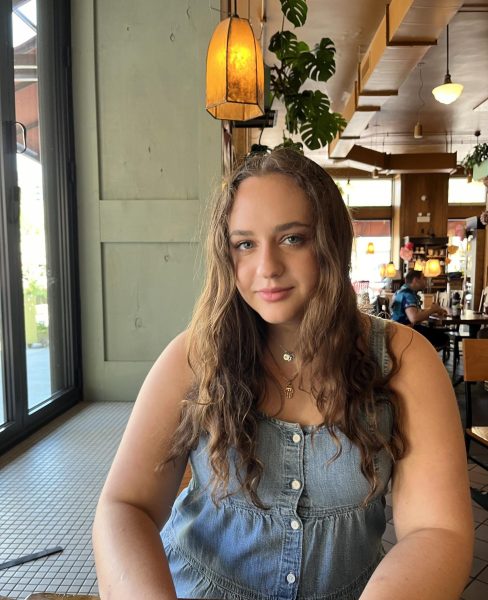What is your name and profession? My name is Yochanan Posner (POSE-nur), and I am a rabbi, a real Jewish rabbi.
Why did you choose to be a rabbi? The quick version is that I did not want to be a rabbi; I thought I would never do that. But then my wife, who was wiser than me, pointed out to me that I was making a mistake. [I was] missing my calling and needed to change tracks and be a rabbi, specifically in Skokie with Chabad.
What is your favorite part of being a rabbi? My favorite part of being a rabbi is that I get to hang around with awesome teens and high school [students] at Cteen and at Niles North Jewish Club.
What do you wish people knew about being a rabbi? I think that people have an interesting view of Jews and of rabbis. On one hand, there are people who especially love you because you’re Jewish; maybe they have some kind of Bible or Christian background, and they love Jews. Other people are very antisemitic; you get extreme reactions from people. I think, as a rabbi and as a person who’s very overtly Jewish, I just want to be seen as normal.
What cool opportunities has being a rabbi given you? One of the things I really enjoy doing, which not all rabbis do and not all clergy do, is I get to be the chaplain in the hospital. I get to help all kinds of people, not only Jewish people but people of every religion and every background, even people with no religion. I end up being with them in their toughest moments: when somebody dies, or they get a really bad prognosis. The idea that I can take my spiritual self and help people in their toughest times is so special. I feel so lucky that I get to be in that position.
What lessons have you learned through your rabbinical studies and Judaism? It literally never ends, but I’ll share one thing that I’ve been thinking about a lot [in the] last few years that I think is relevant to the school community: I’m a rabbi, I’m religious, I’m Jewish, I’m obviously very pro-Israel, and there are people who don’t see the world the way I do. One of the special things about being an American rabbi and an American Jew is that we’re all meant to be Americans together, even if we disagree and come from different backgrounds. I think that that’s a really important thing that we learn, specifically in Judaism, about the idea of being able to disagree and still be good friends. One of the things that comes out so strongly in the Talmud is that these rabbis keep debating [with] each other for a whole lifetime, and they’re still best friends. We’re already [almost] a full year into the war in Israel. There are some students who are pro-Palestinian and some students who are pro-Israel. All too often, I think that, especially in this generation, which is so exposed to the world through social media and the 24-hour news cycle, things take on an added level of seriousness. It disrupts friendships and disrupts families. One message from Judaism is that you can argue your whole life and still be best friends.
What’s your favorite part about being Jewish? Every part. But if I have to pick one, I would say that I really appreciate the fact that we have certain religious restrictions. The idea that there are times that I can’t use my phone, that I can’t travel, and that there are foods that I can’t eat is so liberating because it puts me in control of my life. For most people, if they go to a party, they just eat whatever is there. But I’m like, “Wait, is it kosher?” If it isn’t kosher, I’m not eating it. If it’s a Jewish holiday like Shabbat, we can’t use technology [and] we can’t travel. So, it doesn’t matter what the world is doing, I’m not on my phone today, and that’s it, and it puts me in control of my life because now I’m in charge.
What are the benefits of joining and being an active part of a religious community? I think that one of the big benefits is fellowship, that you’re part of a community or part of people who work with people who are interested in taking care of each other. That’s true for every religious community: Jewish, Christian, or Muslim. I think that one of the things that is really missing in the world today, in America, where I think religion has a role to play, is the idea of people knowing right from wrong. In other words, the government’s job, whether it’s federal, state, or local, is to make laws to force you to behave in a certain way. You may not exceed this speed limit. You may not make falsified bank statements. They’re all laws, but they don’t teach you morality. So, for example, in a school context, why shouldn’t you cheat on a test? From a legal perspective, because you’ll get busted, you’ll get in trouble, and it won’t be very good for you. That’s the law. But the religious reason is that it’s the wrong thing to do. That’s not what God wants me to do. God would rather I fail the text and not cheat, than cheat and pass the text. Therefore, I can’t cheat.
What do you love most about working with high school students? Whenever I come to Cteen or I come to Jewish Club, I feel like I have left my heavy, burdened adult world where there are bills to pay, and the phone keeps ringing and there are all these people who want serious things from me, and I go to a party where everyone’s just having a good time. Everyone is happy. There are burdens when you’re in high school too: your homework, tasks, social issues, and parents. There are burdens in the high school world too, but it’s always more like a party than anything else, and I always love that,
What was your favorite part of high school? One of the big things was independence, and that’s really a big part of the high school age, where you transfer from getting your parents to take you places, to getting your own chance to drive a car. Almost all kids choose their next step. If they go to college or go to a gap year in Israel, that’s their choice. You really go from being non-independent to being almost fully independent over those four years. I went to an out-of-town Yeshiva, I really had to find my way, far from my family. I learned a lot.


